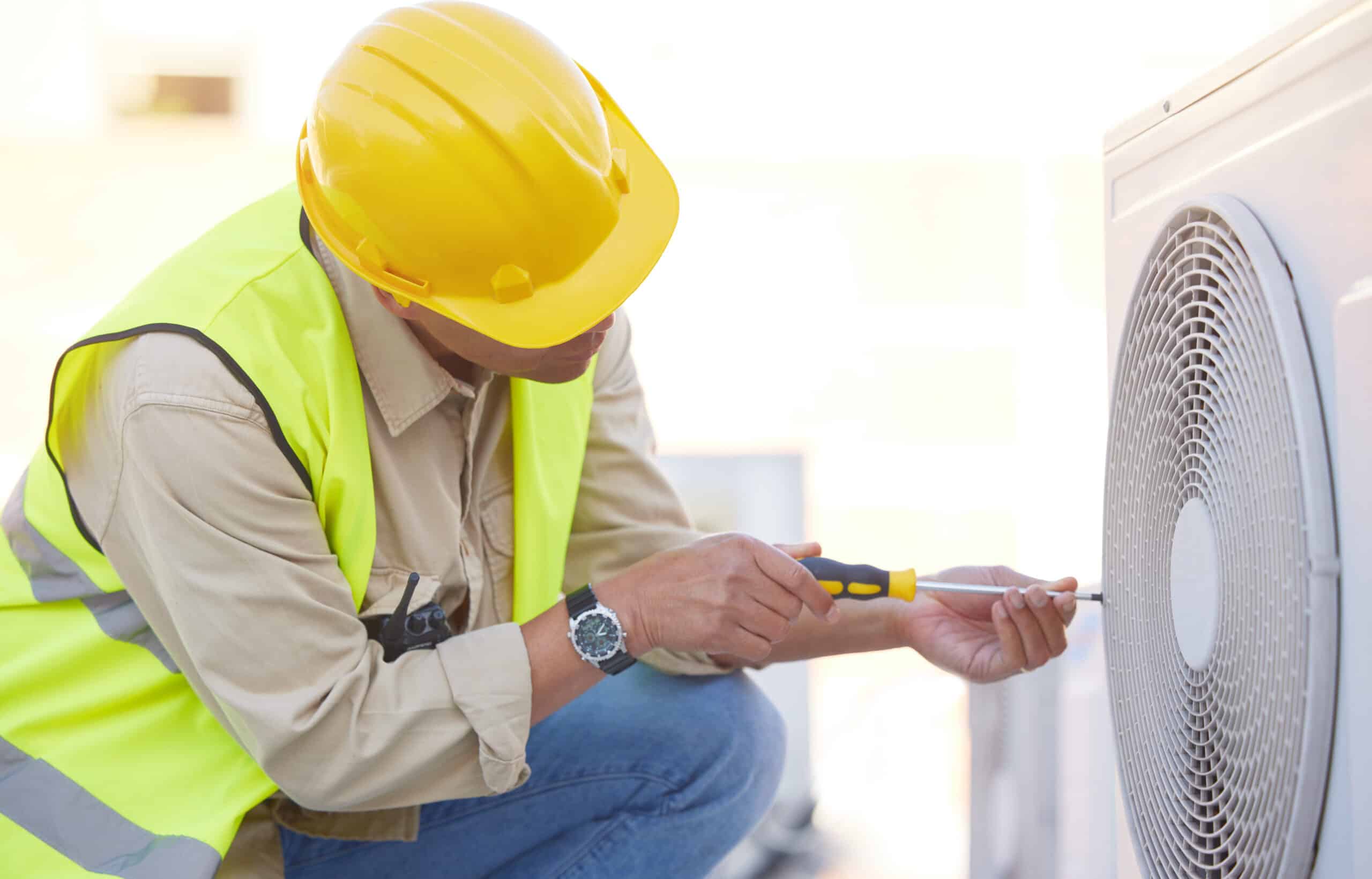Summer has come to an end, and with it the busiest time of the year for most HVAC contractors. But, that doesn’t mean it’s time to relax. Improving your business should be a year-round activity and the colder months are a perfect time to think about what you can do to make your business better.
Here are some safety tips to think about when you’ve got some breathing space this Fall and Winter:
1. Get Your Contractor License Bond and Know How It Works
This may not sound obvious, but getting bonded and understanding the claims process should help define how you think about workplace safety. To start, follow this 3-step contractor license bond process to get bonded at the best possible rate.
Once you’re bonded, familiarize yourself with how the claims process works. When you’re determining your standards of quality and safety, avoiding claims needs to be at the forefront. If a customer brings a claim against your business for improperly done work, it harms your reputation and can even prevent you from getting bonded again.
2. Maintain an Onsite Safety Manager If Possible
State and local regulations may or may not require it, but if possible, maintaining an onsite safety manager trained in OSHA or EM-385 rules and regulations can help maintain the highest safety standards in your workplace.
While a full 40-hour course in EM-385 rules may not be necessary, some type of certification can help. This onsite expertise can be incorporated into your advertising or bond application. As it shows your commitment to safety, it could even lower your premium for your contractor license bond.
3. Ensure Your Equipment Keeps You Safe
Whether you’re dealing with summer heat or winter cold, gloves, face shields, helmets, and other HVAC contractor equipment needs to be properly used and maintained. Though this is only the start.
Proper ventilation can serve the dual purposes of keeping you and your employees at a comfortable temperature year-round, while helping to protect against the buildup of harmful compressed gases or chemical vapors. There’s never a bad time to invest in next generation equipment or at least double check maintenance.
4. Double-Check Your Electrical Systems
As any HVAC professional knows, extreme temperatures put incredible strain on heating and cooling systems. This means it’s also the season to double-check the electrical systems backing your equipment. Electrical malfunctions can lead to anything from blackouts to fires, putting your safety and reputation at risk.
Make sure you’re familiar with your state and municipal ordinances and safety requirements. Not adhering to these could leave you liable for any malfunctions that occur months after you’ve finished at a site, depending on the bond requirements for a given job. This is another reason to ensure you maintain high work standards.
5. Learn More From Online Safety Resources
Once you’ve checked your worksites and reviewed your contractor license bond, there are plenty of free resources out there with more information and tips on maintaining a safe HVAC workplace. One example is this exhaustive safety guide put out by State Auto Insurance. Resources like this offer detailed lists, including small details (like why you shouldn’t use impact tools with mushroomed heads) that you may otherwise forget about.
What kind of tips would you offer your fellow HVAC professionals? Share your best to make sure everyone has a great summer!
Eric Halsey is a historian by training and disposition who’s been interested in US small businesses since working at the House Committee on Small Business in 2006. Coming from a family with a history of working on industry policy, he has a particular interest in Surety Bonding, Contracting, and Professional Certification; he loves sharing his knowledge of the industry for JW Surety Bonds.







